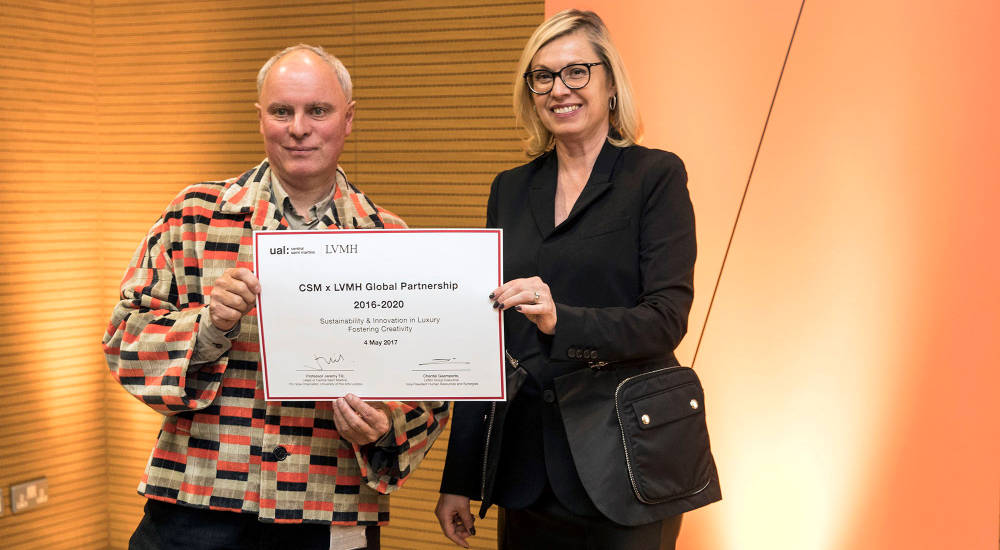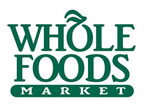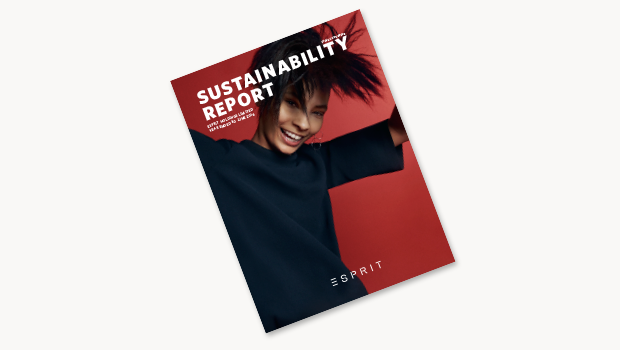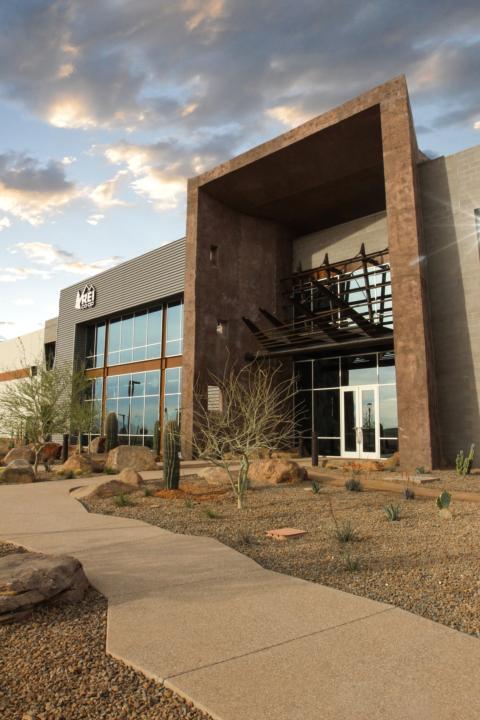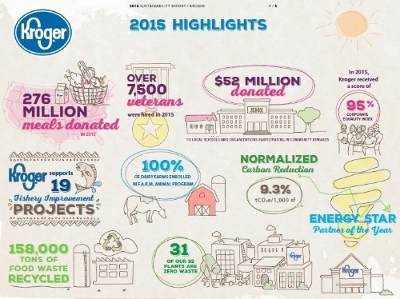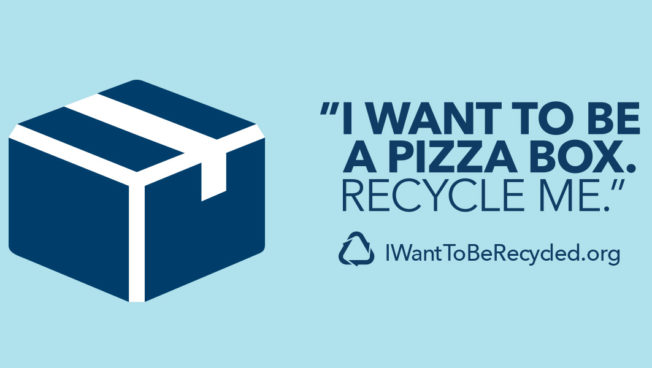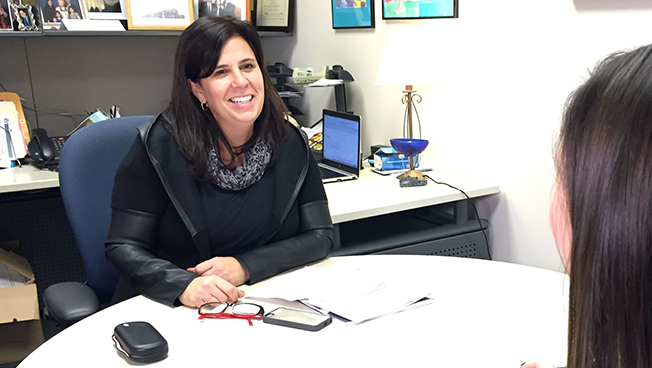How to Boost Your Retail Store Profits Absolutely Free?
Ecofabrik announces an innovative profit growth program for fashion boutiques and retail apparel stores.
Oxnard, CA, 2018-Aug-10 — /EPR Retail News/ — Ecofabrik Organic Gear is introducing a unique partnering for profits co-op program for selected organic apparel boutiques and fashion retail stores. This is a rare opportunity…



